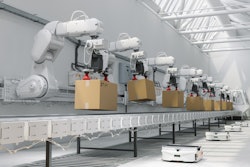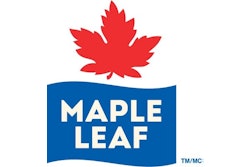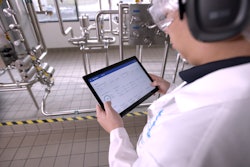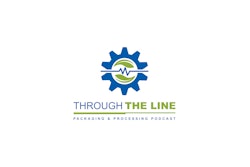 | Watch the full interview at ProFood World to learn how to manage asset reliability in food production. |
Bryan Griffen: So, in your experience, how can operators impact reliability, both positively and negatively? And maybe share a story about one of those infamous metric crescent wrench moments.
Shawn French: So, you look at sources of information, and is there a better source than the guy or gal that's standing next to a machine for 12 hours a day?
And how often do we go out on a line and we fail to ask that person that probably knows the most what they hear or what they see or what they think? And it's not important that they have the exact answer, but they may have a clue, of “It was running fine, and then I started to hear something or smell something, or it just, it wasn't doing what it normally did, and it was over here in this part of the machine.”
Maybe that's where it's happening, or maybe it's somewhere else, but I think you develop better relationships and you get more engagement when you ask the people that are closest to the machine, “What's going on?”
You know, clearly a machine that's clean is going to run better, to a point… I was in a milk dairy. One of our plants was making organic milk and the operator very proudly showed me how the milk, the machine didn't smell of stale milk because he did an amazing job of cleaning it. But he was cleaning it so much that the frame was falling apart.
So you can take it to the other extreme, right? How many times have you been on the line and the operators aren't supposed to have tools, but they all have a, as I call it, a metric crescent wrench, right? They all have a wrench to where they can make little adjustments.






















